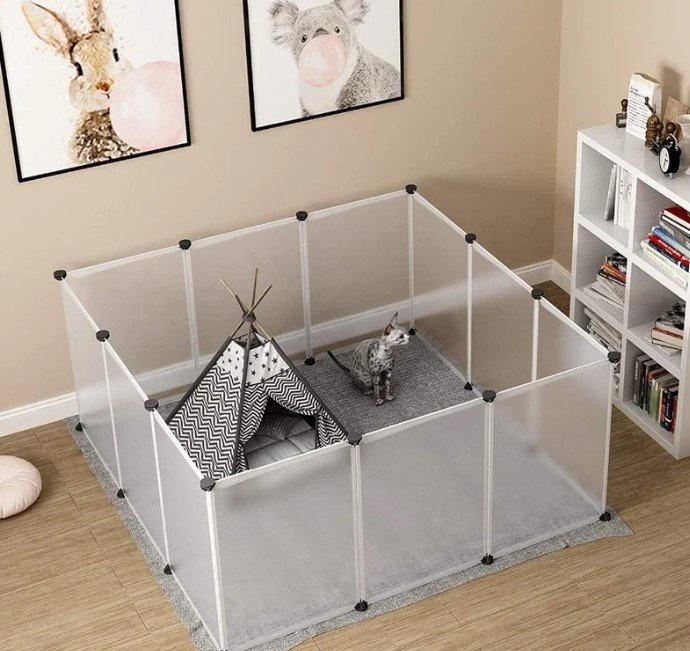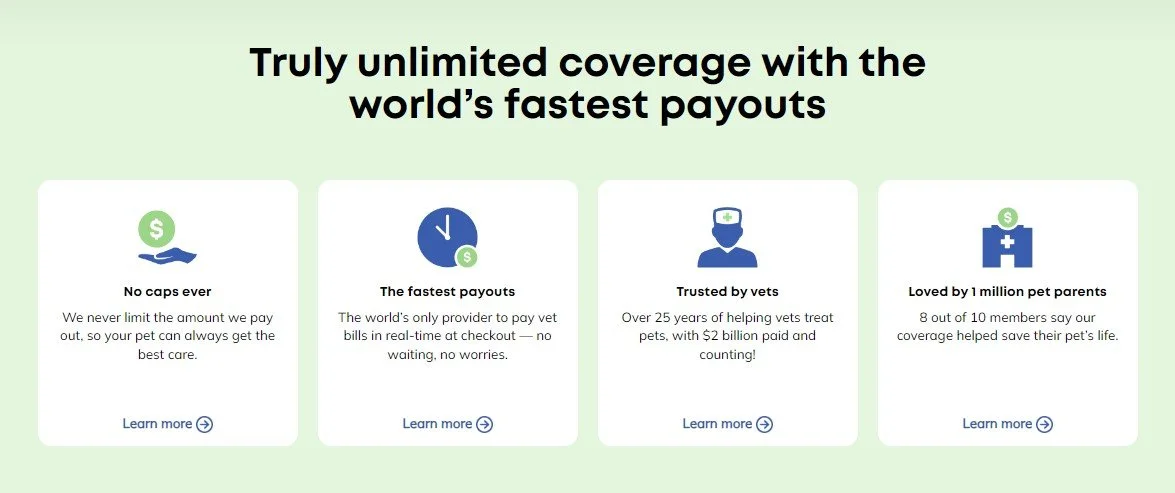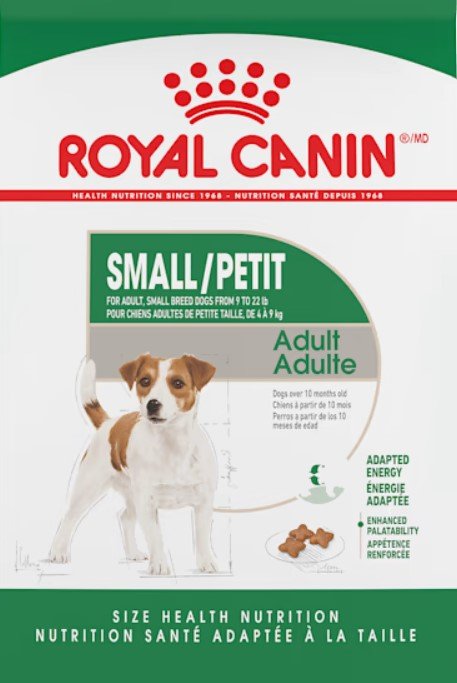
new puppy information
puppy care information
Feeding Routine: Your puppy should always have access to dry food and water in its playpen or living area.
Food: Feed canned dog food (Cesar brand in purple or pink packaging is a good option). Mix 2 tablespoon with Royal Canine Puppy dry food. Change food twice a day. If your puppy doesn't like the dry food, try feeding him boiled chicken, brown rice, chicken or rice baby food. (Please call immediately 954-270-3284). Feed dry food only when the puppy turns 3 months old.
Extra Nutrition: Give the puppy Nutrical after meals twice a day.
Safe Space: Provide your puppy with a safe space in a puppy playpen, away from drafty areas, when you're not watching.
Adjustment Period: Give your puppy time to adjust to its new home and avoid exposing it to other dogs until it's fully vaccinated. Do not take the puppy out to meet other people. Do not allow the puppy to run around anymore than 10 minutes per hour as they can get a sugar attack.
Vet Visits: According to the terms of the sales contract, clients obtain Pet Insurance before bringing your puppy to the veterinarian. Several insurance providers are available, and this particular one offers the advantage of direct payment to the veterinarian, eliminating the need for clients to make upfront payments for services. Contact Trupanion 1-888-733-2685. Puppies must be seen by a veterinraian three days after the sale. Hold your puppy instead of letting him walk on the vet's floor to prevent exposure to viruses.
Separation from Other Pets: Keep your new puppy separate from other pets for 7-10 days until he feels comfortable in his new environment.
As a devoted pet parent, you undoubtedly prioritize the well-being of your cherished dog.
As a devoted pet parent, you undoubtedly prioritize the well-being of your cherished cat or dog. Unfortunately, our furry companions are susceptible to accidents and health issues, which can occur unexpectedly. Whether it's a fracture, an infection, or a more serious condition like cancer, ensuring your pet receives optimal care is paramount. However, as responsible pet owners are aware, veterinary expenses can escalate rapidly.
Without a financial safety net to cover potential costs, which could reach thousands of dollars, you may face a daunting situation. Balancing your pet's health needs with your financial stability can be challenging. To mitigate such dilemmas, many veterinarians recommend pet insurance.
Trupanion is a pet insurance company that offers pet owners a single, simple plan that covers everything from tests and medication all the way to surgery and spending a few days recovering at your vet’s office.
And they can also pay your vet directly, so you’ll never have to wait for a reimbursement check to arrive in the mail.
Pet with hereditary and congenital health issues are also covered by their policy.
royal canine
Make sure to purchase Royal Canin Petite and Small Bites dog food, specifically designed for tiny breeds. Leave the food out at all times and change it twice daily to keep it fresh. Ensure there is always water available. Mix 2 tablespoons of moist dog food with the dry food for added variety.
nutrical
Give the puppy Nutrical after meals twice a day. Use about as much Nutrical as you would use toothpaste to brush your teeth.
PUPPY PLAY PEN
Place the puppy's bed in the middle. On one side, set up the dog food, and on the other side, lay down the pee pee pad. Fill the space with plenty of toys and add a soft rug or blanket for extra coziness..
DOG PEE PADS
Arrange the pee pee pads on one side of the playpen, ensuring they cover a larger area compared to other items within the pen. This placement provides ample space for the puppy to relieve itself while keeping the rest of the playpen clean and comfortable for play and rest.
dog toys
Put some toys in the playpen for the puppy to play with and chew on. This will keep them entertained and help with their teething. Make sure the toys are spread out so the puppy can reach them easily.
QUESTIONS & ANSWERS
-
Allowing puppies to have too much activity without eating enough food can lead to hypoglycemia
Hypoglycemia in dogs is when their blood sugar level drops too low. This can happen because small breeds, like toy breeds or puppies, have a faster metabolism and may not have enough energy reserves to maintain their blood sugar levels. Signs of hypoglycemia include weakness, shakiness, confusion, and even seizures. It's important to monitor small dogs closely as this can be life threatening.
-
If a tiny puppy's blood sugar gets too low, it can be life threatening. Contact our office right away if you notice signs like weakness or shakiness in your puppy. Give the puppy about 1 tablespoon of honey to help boost their blood sugar. Contact our office immediately.
-
The day you bring your new puppy home is finally here, and it's a day you've been eagerly anticipating. It marks the beginning of a beautiful journey as lifelong companions. To kick things off on the right paw, consider staying home on this special day. This way, you can create a secure environment for your puppy and savor every moment of this exciting experience while starting to build a strong bond with your new furry friend.
Prepare your home: Puppy-proof your living space by removing any hazards or items that could be harmful to your new pet. This includes securing loose cables, removing toxic plants, and storing away small objects that could be chewed on.
Create a safe space: Set up a cozy area for your puppy to relax and sleep. This could be a crate, a designated corner with a comfortable bed, or a playpen. Make sure it's a quiet area where your puppy can retreat to when they need some alone time.
Introduce slowly: If you have other pets, introduce them to your new puppy gradually and under supervision. Allow them to get acquainted with each other's scents before allowing direct interaction.
Establish a routine: Start establishing a feeding schedule and potty routine right away. Do not take the puppy outside if it’s cold.
Provide plenty of toys: Puppies love to explore and play, so make sure you have plenty of toys to keep them entertained. Chew toys, interactive toys, and puzzle toys are great options to keep your puppy mentally stimulated.
Begin basic training: Start teaching your puppy basic commands such as sit, stay, and come. Use positive reinforcement techniques like treats and praise to encourage good behavior.
Give lots of love and attention: Spend quality time bonding with your new puppy. Offer plenty of cuddles, belly rubs, and gentle affection to help them feel secure in their new environment.
Be patient and consistent: Remember that adjusting to a new home can be overwhelming for a puppy, so be patient as they settle in. Stay consistent with your training and routines to help your puppy feel more comfortable and confident.
Plan for veterinary care: Purchase pet insurance righ away and schedule a visit to the veterinarian for a health check-up and to discuss vaccinations.
Enjoy the journey: Bringing a new puppy into your life is a special experience, so take the time to enjoy every moment with your furry companion. Cherish the puppyhood stage and the memories you'll create together as you embark on this new adventure.
dog food recipe
-
This recipe is tailored for those who value healthy eating for themselves and their dogs but lead busy lives and need quick meal solutions.









